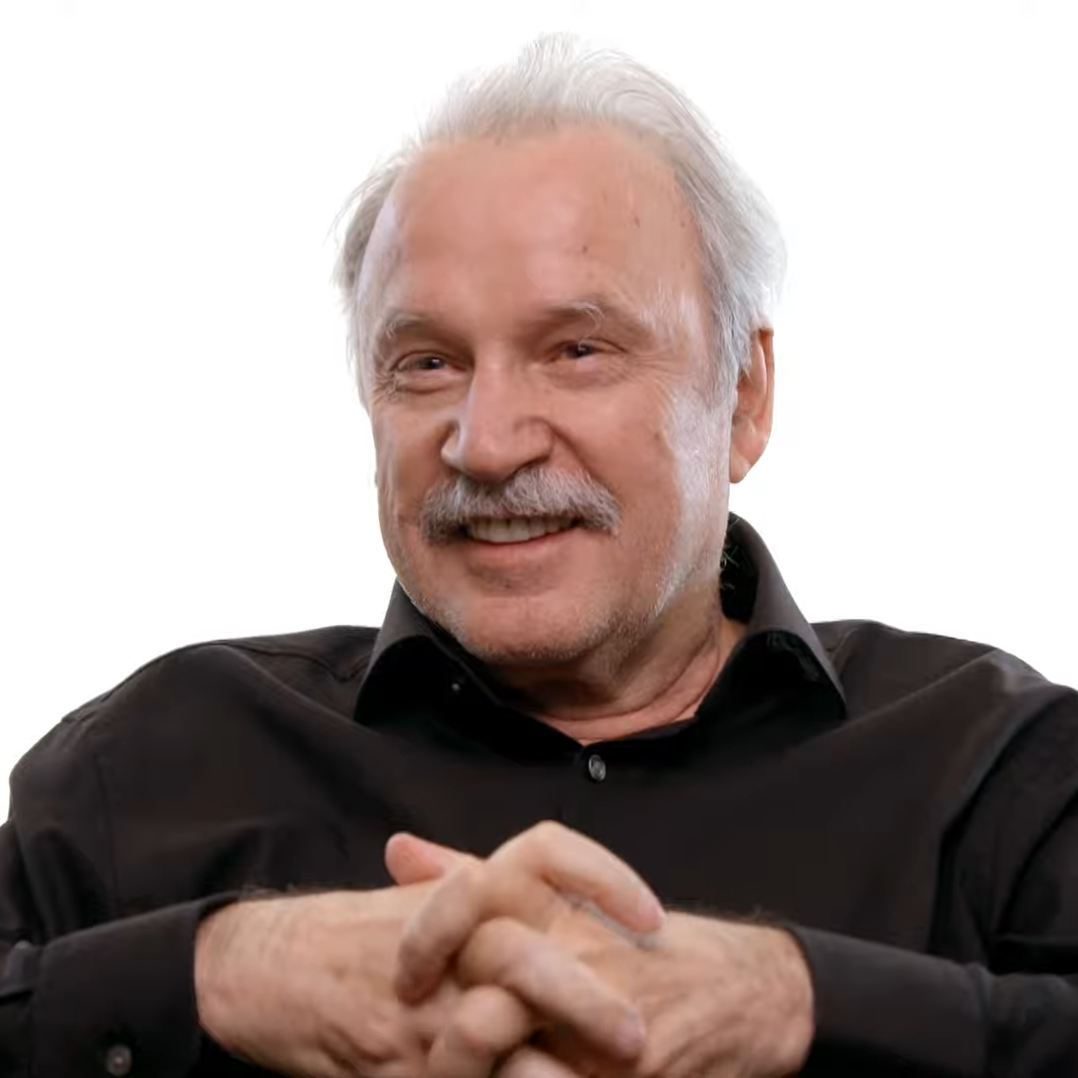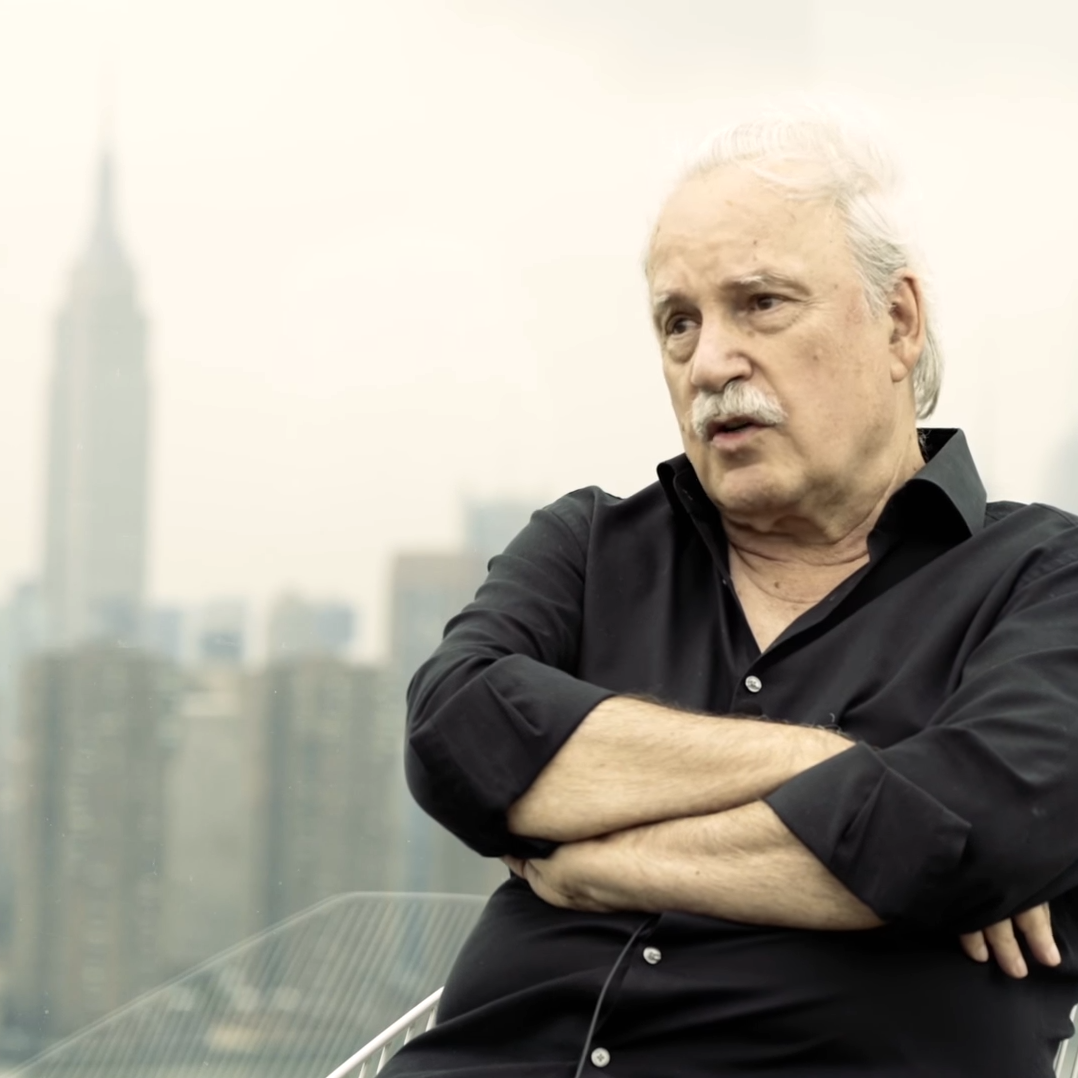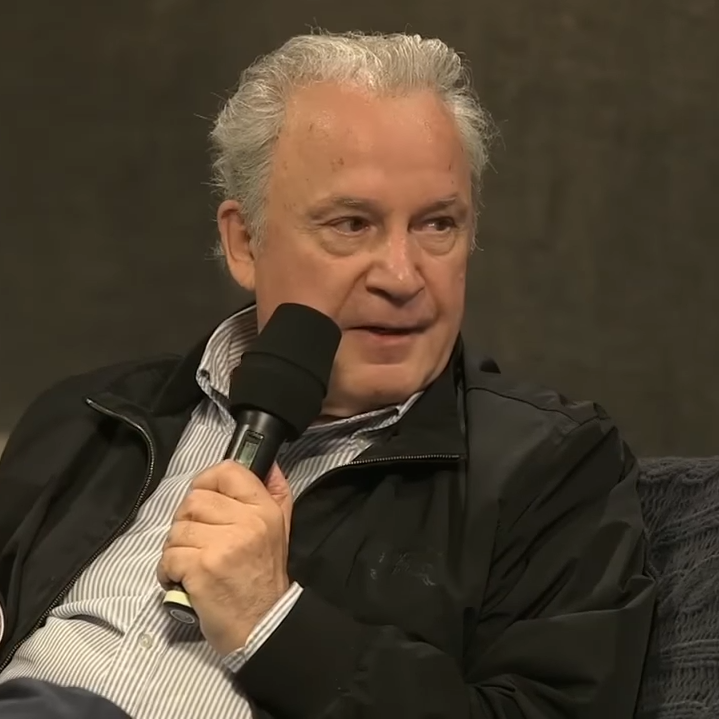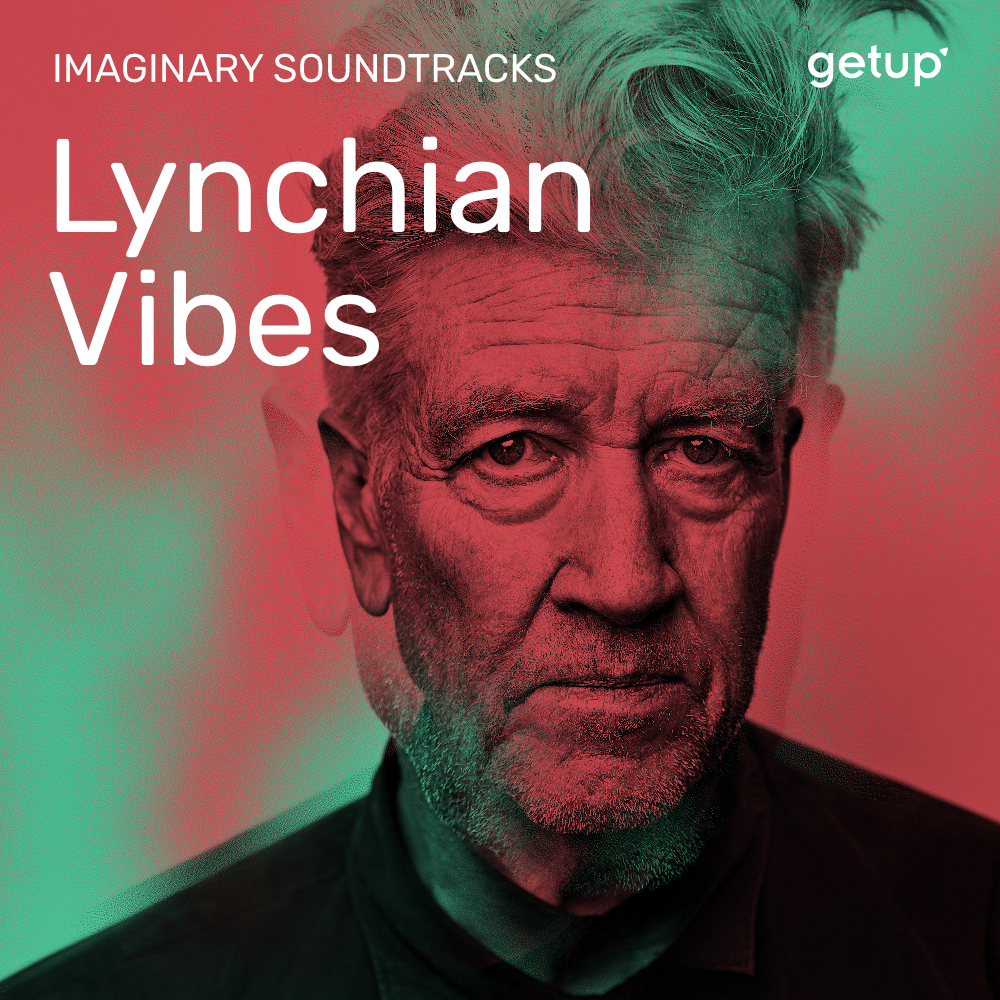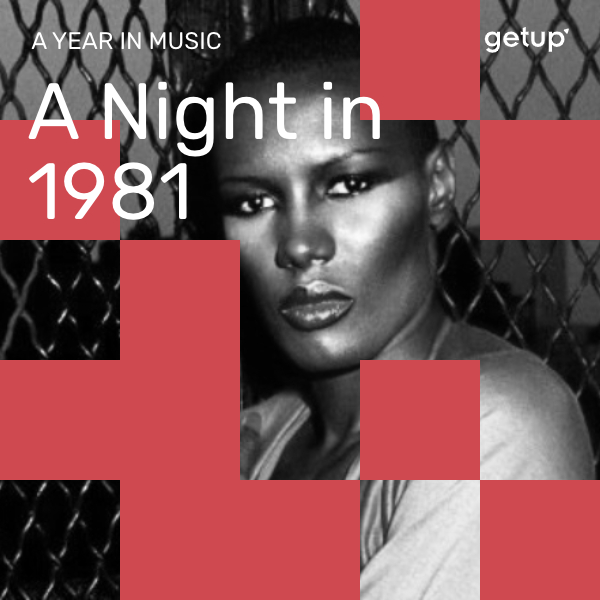One name stands out in the history of electronic music: Giorgio Moroder, the herald of several of the biggest trends in modern music making. Considered the father of disco, Moroder is known for composing legendary soundtracks for the cinema, as well as for launching a phenomenal number of songs into the charts thanks to his pop know-how. He helped to modernise pop music thanks to his early knowledge of synthesizers and his ability to understand the impact that technology was to have.
Born in 1940, Giorgio Moroder began his career as a musician and singer in the 1960s. It was when he moved to Munich in 1968 that his career took a turn towards hardware and he composed the first song using a Moog organ (“Looky Looky”). He soon scored a few hits under his own name including “From Here to Eternity”, before collaborating with the singer Donna Summer for whom he wrote and produced, amongst other things, the unforgettable “I Feel Love”, a song that single-handedly launched the Hi-NRG dance wave.
At the same time, he recorded several legendary film scores. For these he used the science of the synth to create futuristic and contemplative instrumental themes. Midnight Express, American Gigolo, Cat People, the restored version of Metropolis, Scarface... so many films in which he not only came up with the main theme, but also composed songs for artists from Freddie Mercury to David Bowie, via Blondie and Limahl.
The 80s suited him well as he embraced the new-wave he himself had helped to usher in, and became a living legend when he wrote the music for Top Gun. At perhaps the opposite end of the genre scale, he was called upon to produce the album Flaunt It by English electro-punk band Sigue Sigue Sputnik. His popularity was such that he was commissioned to produce the music for the Los Angeles and Seoul Olympic Games, as well as for the 1990 World Cup in Italy.
After making himself scarce apart from a few remixes for the Eurythmics, he returned to the business in the 2010s, first by collaborating on the tribute paid to him by the duo Daft Punk on a track from Random Access Memories, and then by releasing his first album for twenty years. On Déjà Vu he brought together a sort of best-of of pop stars, from Britney Spears to Kylie Minogue, Charlie XCX and Sia. Moroder remains relevant, just as his work in dance music and on film scores has had a lasting influence on many of today’s producers, both in pop and techno, on the dancefloor and in the cinema. It’s understandable considering that Moroder saw (and heard) the sounds of the future before anyone else.
.jpg)
